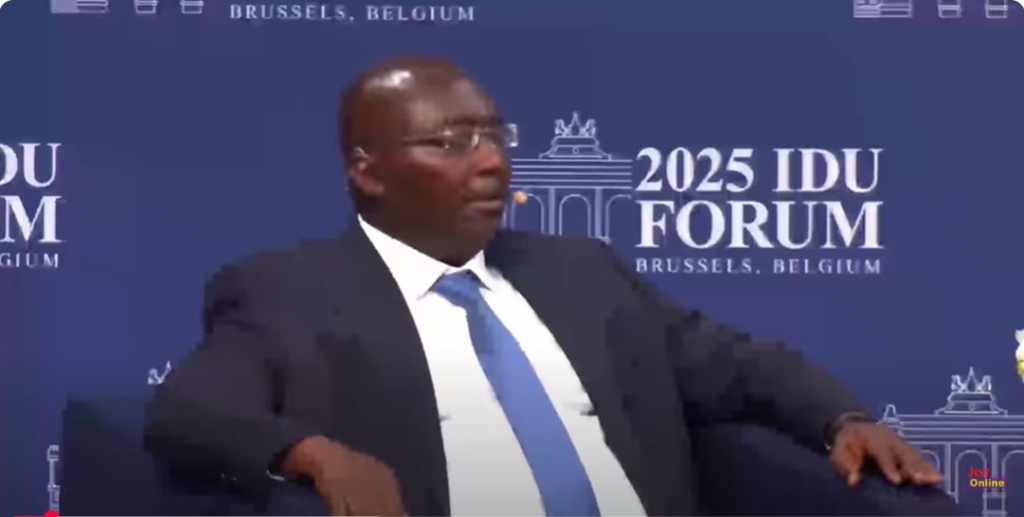
Former Vice President of Ghana, Dr Mahamudu Bawumia, has asserted that the solution to Africa’s enduring developmental challenges lies in what he describes as “smart formalisation”—a digitally driven strategy aimed at transforming public administration, economic systems, and service delivery across the continent.
Delivering the keynote address at the Cambridge Africa Business Conference on Saturday, 17th May, under the theme *‘Africa’s Digital Transformation: Building Resilient Economies Through Innovation’*, Dr Bawumia lamented that more than six decades after independence, many African nations still grapple with deep-seated problems that continue to stifle productivity and progress.
He outlined a litany of challenges facing the continent, including the absence of unique identification systems for citizens, a lack of a functional national property address system, the dominance of an informal sector reliant on cash, widespread financial exclusion, the absence of individualised credit scoring, high interest rates, fragmented and manual government databases, inefficiencies in healthcare delivery, poor access to medical services in rural areas, and weak tax compliance resulting in poor revenue mobilisation.
According to him, these structural deficiencies have culminated in widespread poverty, high unemployment, and low productivity across the continent.
“Let me quickly dive into what I believe presents the greatest opportunity to surmount these challenges and turn them into progress,” Dr Bawumia stated.
“The solution will have to be one that accelerates Africa’s development… In short, it is what I term ‘smart formalisation’. In this regard, digital transformation is not just a policy aspiration—it is a necessity for resilience.”
Dr Bawumia explained that “smart formalisation” entails the creation of integrated systems that enable governments to better understand and interact with their citizens in a more efficient, affordable, and transparent manner.
He emphasised that such a system would create a “virtuous cycle” where public service delivery improves, civic engagement deepens, and overall development is fast-tracked.
Drawing comparisons with the post-World War II development models adopted by countries in the Global North, he noted that modern technologies such as blockchain, artificial intelligence, and mobile computing offer African nations a rare opportunity to leapfrog legacy systems and adopt inclusive, tech-driven economic frameworks.
Dr Bawumia therefore urged African governments to fully embrace digital transformation not merely as a modernisation initiative, but as a strategic imperative for addressing entrenched socio-economic challenges.
He concluded that through “smart formalisation”, the continent could achieve inclusive growth, enhance the quality and reach of public services, and build resilient economies capable of withstanding future shocks.
DISCLAIMER: The Views, Comments, Opinions, Contributions and Statements made by Readers and Contributors on this platform do not necessarily represent the views or policy of Multimedia Group Limited.
DISCLAIMER: The Views, Comments, Opinions, Contributions and Statements made by Readers and Contributors on this platform do not necessarily represent the views or policy of Multimedia Group Limited.